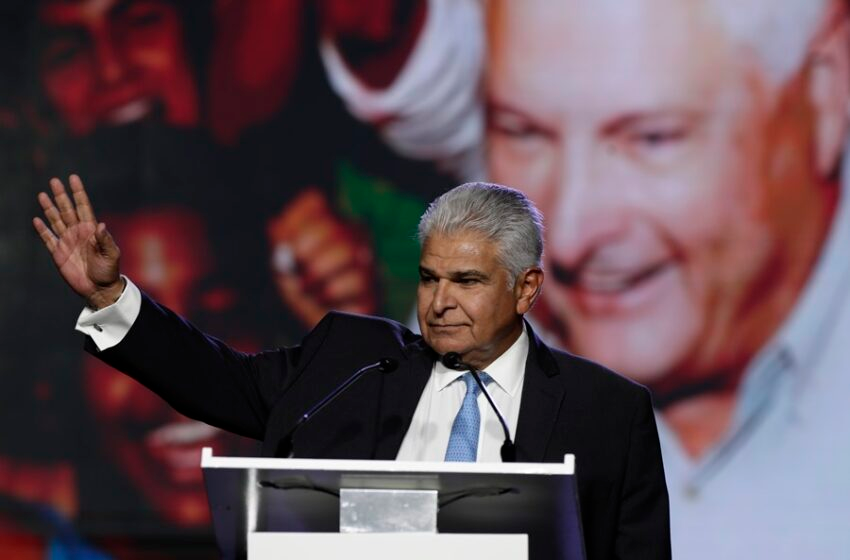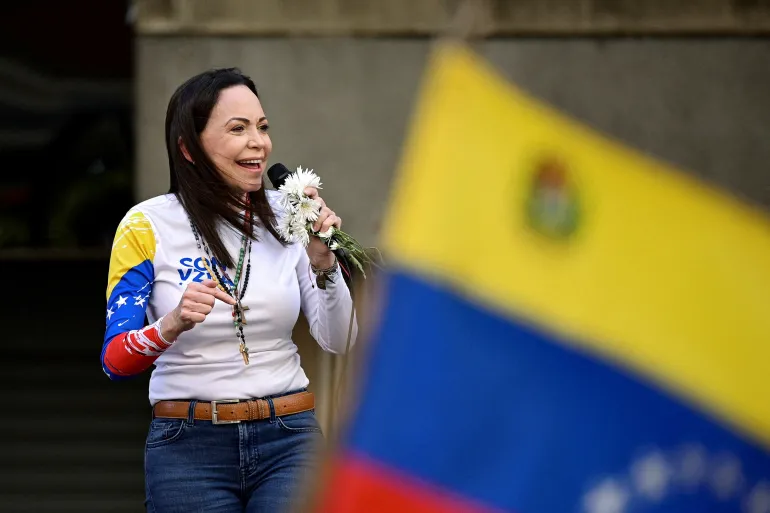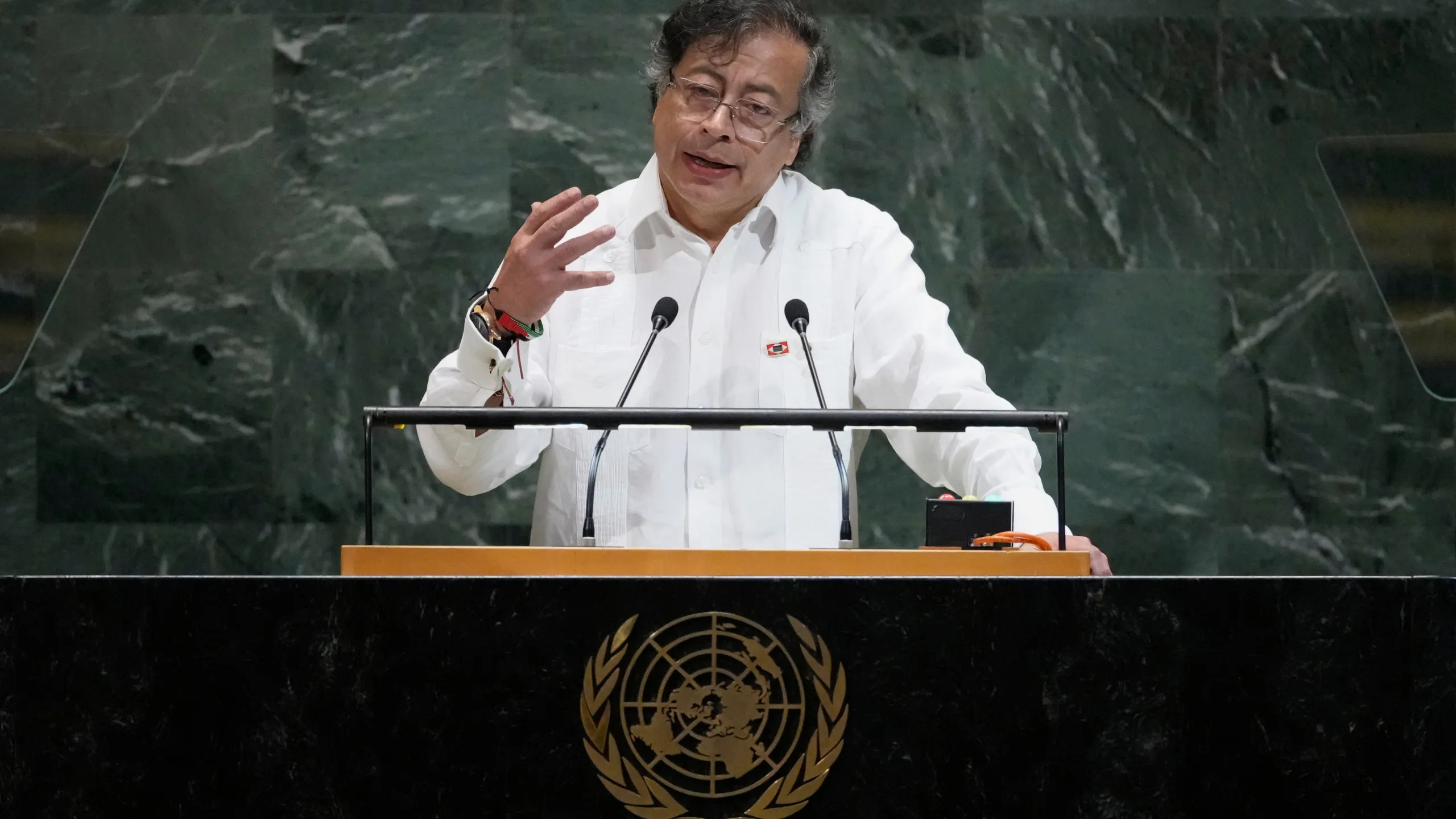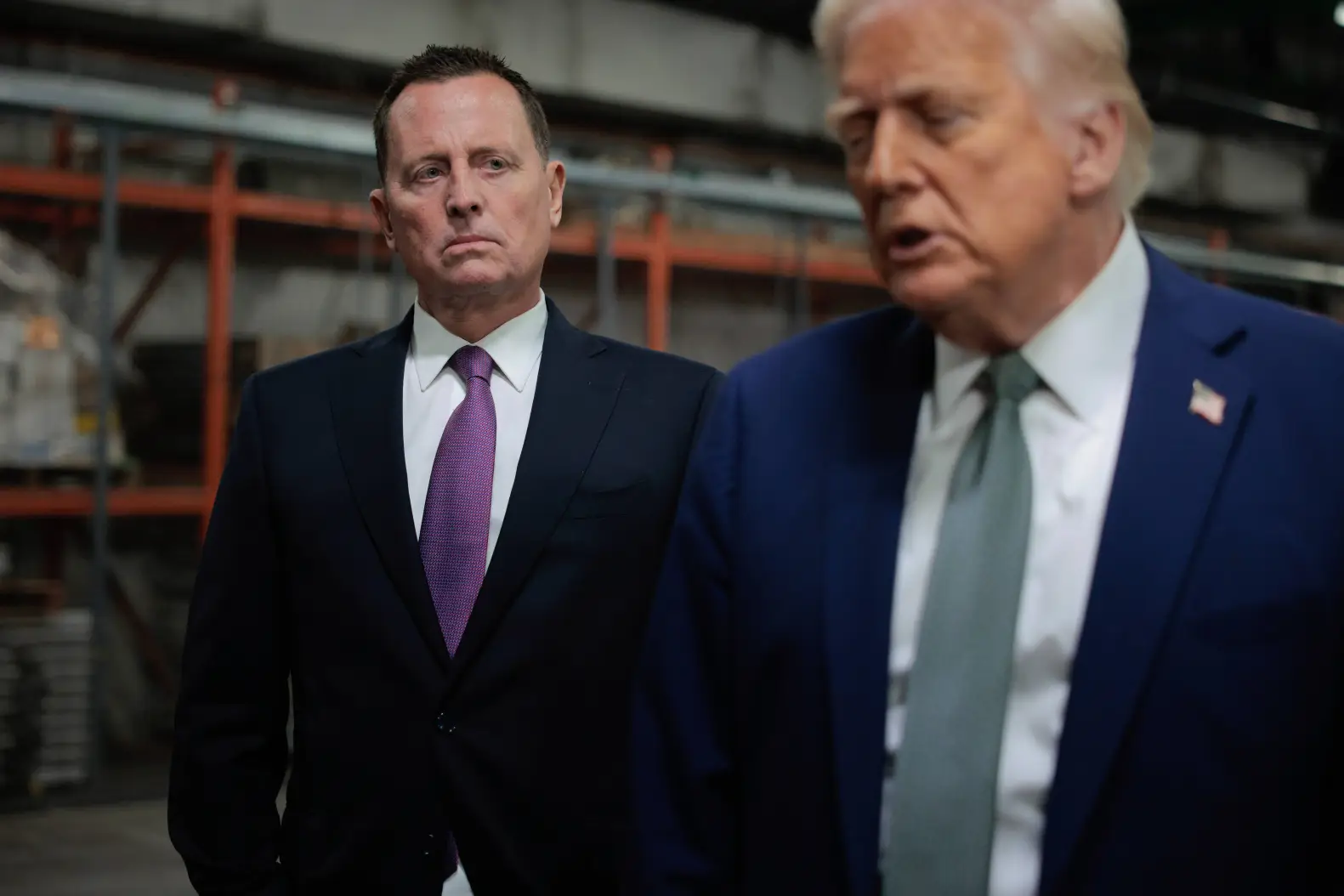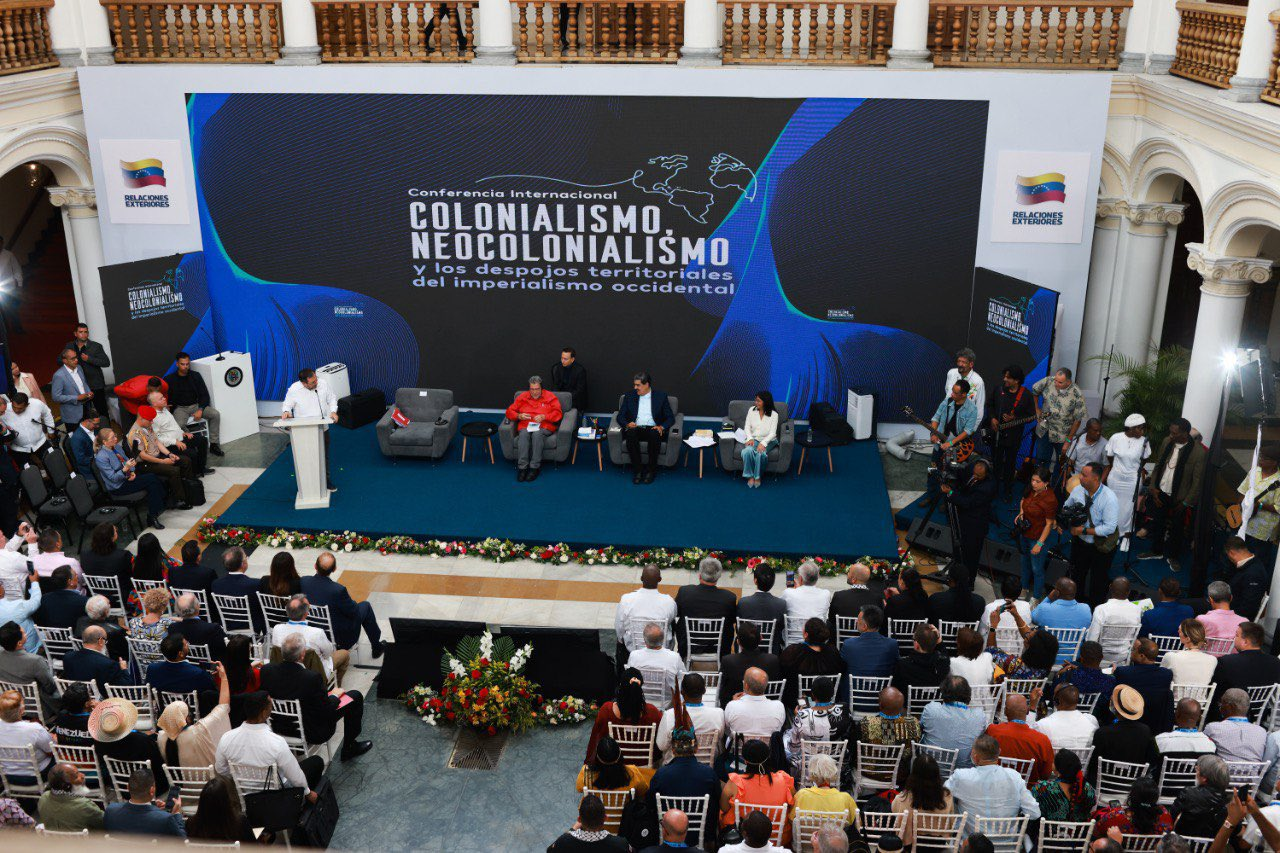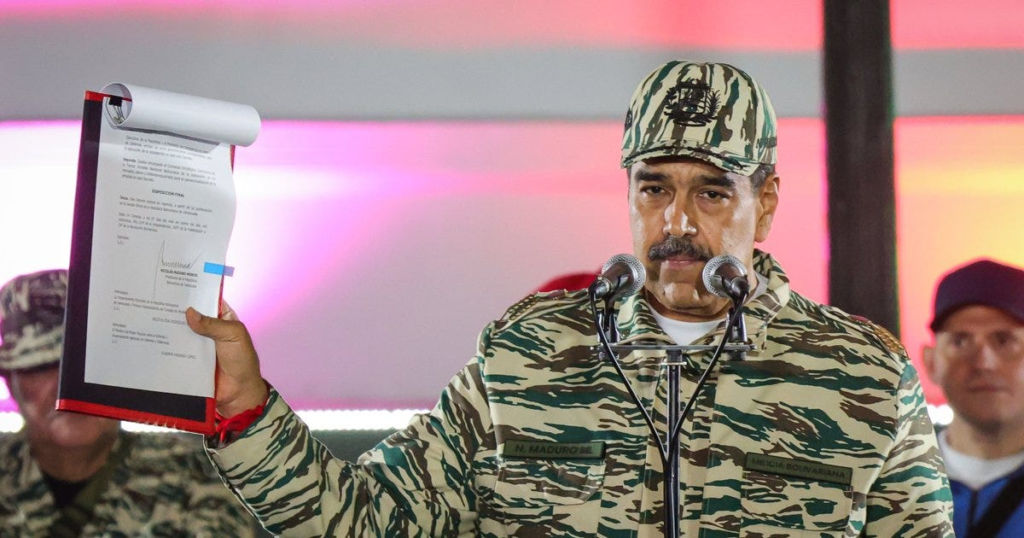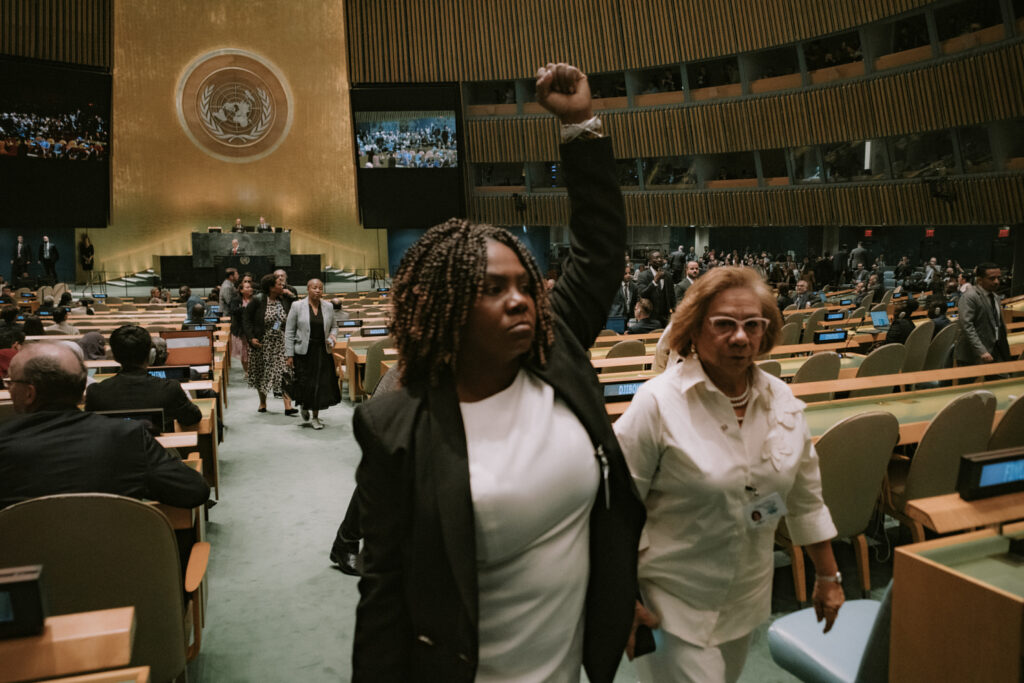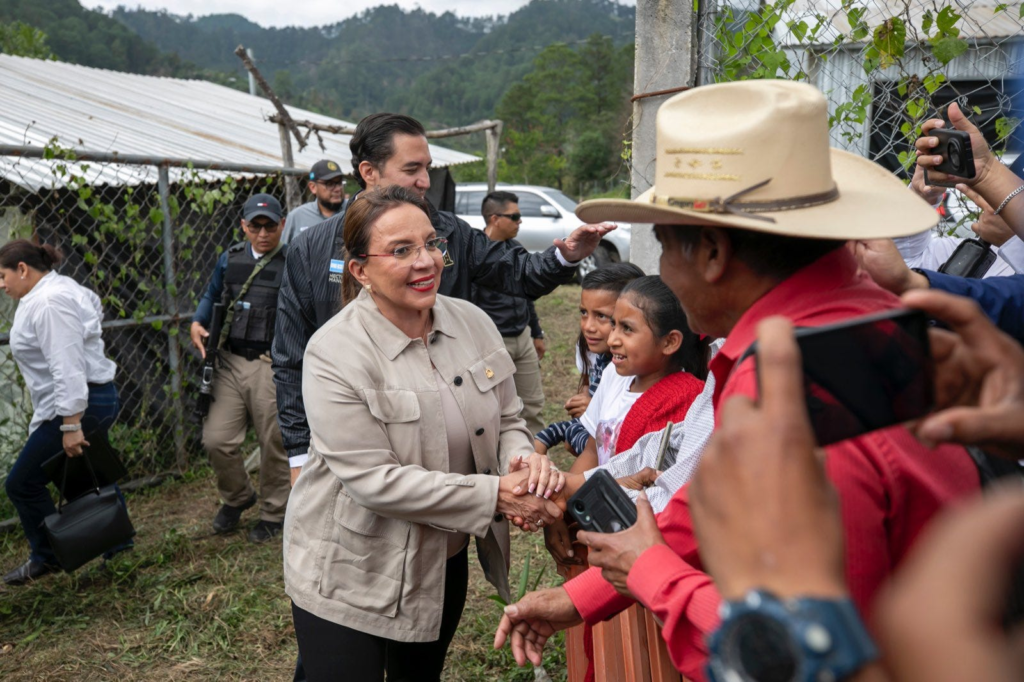Panama, August 26, 2025 – In late June, the administration of President José Raúl Mulino declared a state of emergency in the nation’s main banana-producing region of Bocas del Toro after rioters began burning, looting, and vandalizing buildings and local shops after the government announced planned pension reforms that would impact local banana workers.
The upheaval began in April when members from the local banana workers union of Swiss producer Chiquita Brands International (formerly U.S.-owned United Fruit Co.) began protesting the government’s measures, declared a strike, and established roadblocks that prevented the shipment of goods.
Panamanian Anti-riot police attempted to break through the barriers when a stalemate between the two sides emerged.
The Panamanian government responded by suspending the constitutional rights of citizens in an effort to stamp out the unrest, stating, “In the face of the disruption of order and acts of systematic violence, the state will enforce its constitutional mandate to guarantee peace.” The government argued that the measure would “allow the rescue” of the province from “radicals.”
After a series of negotiations between the Panamanian government, Chiquita, and the workers union, Chiquita eventually laid off the 6,000 local laborers who worked at the Bocas del Toro plantation, stating that it had “regrettably” fired all of its daily workers for “unjustified abandonment of duties.”
In early June, Chiquita’s management shut down its operations and left Panama for good after an estimated $75 million in losses were adjusted due to the ongoing strikes.
President Mulino of Panama has had to maneuver a careful balance of assuaging some of the demands of the native workers in the region, while at the same time retaining a welcoming pro-business environment for one of the largest employers in the country. However, positions were made easier for Mulino when a labor court in Panama found that the actions of Chiquita in firing its local employees were entirely “legal.”
Banana growers have always been a major employer in Central America, and in Panama, these multi-national corporations generate critical revenue for the central governments. These governments have had a terribly long and troubled history of being the subject of accusations of falling into cahoots with these foreign companies to fatten their own pockets while relegating the interests of their own people.

President Mulino says he backs the company and blames people like Francisco Smith, a local union leader, as those responsible for the firm leaving Panama.
Local Panamanian media reports that Smith, the general secretary of Panama’s Sitraibana banana workers’ union, has since been charged for crimes related to his involvement in the protests, including illicit association and disrupting public transit.
President Mulino intends to court the return of Chiquita, and seeks an agreement for the resumption of operations in the Bocas del Toro region.
According to Newsroom Panama, a local outlet, “Trade and Industry Minister Julio Moltó stated that the government hopes to reach an agreement after Mulino’s meeting with Chiquita in Brazil, during a trip to that country beginning August 28.”
The government says that talks with the fruit producer are “progressing positively.“ Moltó also added that “If everything goes as we’re planning, we could have good news by September or the end of this month.”
The history of United Fruit, which changed its name to Chiquita in 1990, is legendary in Latin America. The company was founded in 1899 after a merger with Minor Keith, an American business magnate who operated several railway networks in Central America. The company established operations throughout the entire region, including Guatemala, Honduras, Nicaragua, Costa Rica, Colombia, Ecuador, and Panama.

United Fruit became infamous during the early 20th century for its ruthlessly exploitative practices in this backward region, taking advantage of the local populations, acquiring predatory concessions from corrupt and oppressive Latin American governments, and was even the impetus of multiple military interventions by the United States Marine Corps in Central America.
The company was synonymous with the American imperialist era and cut-throat capitalism that subjugated tens of thousands of landless peasants in the region, coordinating with corrupt local dictators who were bought and paid for by the United States government to carry out its multi-national interests.
In December 1928, the company was behind the massacre of hundreds of striking workers in Ciénaga, Colombia, when United refused to renegotiate terms with local laborers.
Last year, however, a U.S. jury ordered Chiquita to pay the families of Colombian victims about $38 million after the firm was found liable for damages over secret 2001-2004 protection payments to a Colombian paramilitary organization (Autodefensas Unidas de Colombia, or AUC), accused of killing plantation workers.
President Mulino hopes to bring back the banana firm to Panama and rehire the laid-off local workers. Government officials concede that if it happens, the return process will be a gradual one.
President Mulino is also grappling with several other major strikes in the construction industry and with the nation’s teachers as part of the same pension reform package.

